10th October 2018
The fight against the illegal wildlife trade CAN be won
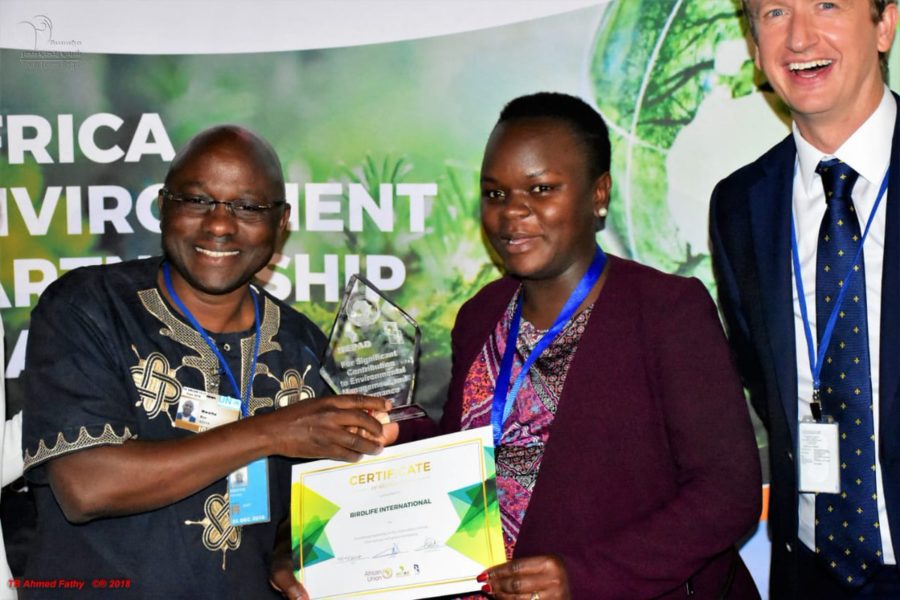
This week the UK hosts a conference on the Illegal Wildlife Trade, bringing together global leaders to work together to end wildlife crime. Here two conference delegates from Africa pen a guest blog for the Foreign Office on what they’ll put into the conference – and what they expect to get out of it.
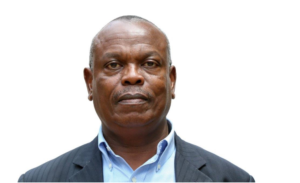
“What I’m really looking forward to at this week’s IWT conference is the main meeting and some of the side events. Our team from the African Wildlife Foundation has pre-selected the sessions we’ll be attending to share our experiences and learn from others working to curb IWT.”
African leadership is key
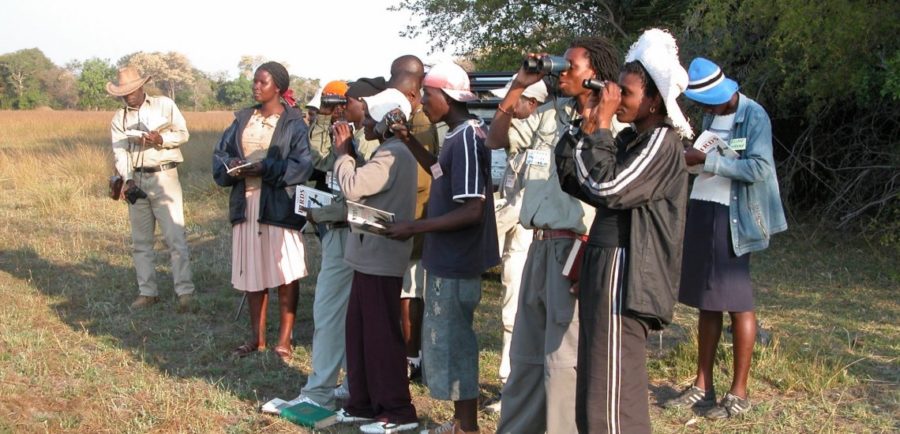
The African voice and leadership is key to winning the fight against the illegal wildlife trade. This voice involves communities up to the highest political level. But the battle against the illegal trade must be placed within the broader context of conservation, livelihoods and sustainable development. Illegally trading in wildlife makes it so much harder for wildlife to play its meaningful role in Africa’s sustainable development. The fight against the trade can be won. But it will take concerted efforts especially by Africans.
‘Constantly changing their tactics’
Looking forward, governments must set clear policies and legislation towards curbing the illegal wildlife trade. They must action those laws. They must invest appropriately and allow other players to invest in wildlife and wild land conservation. It goes without saying that governments must always seek to understand the magnitude of the illegal trade in wildlife and it impacts on citizens.
Poachers and illegal wildlife traffickers are constantly changing their tactics. They use new methods to poach, like dart guns and night goggles. They change their trafficking routes, change the packaging they use for illegal wildlife products, change the ways they conceal these products and the ways they transport them.
Law enforcers must adapt
Wildlife law enforcers need to adapt and be ahead of the poachers and traffickers. The African Wildlife Foundation (AWF) has invested mostly in stopping the killing on the ground of elephants, rhinoceros, great apes, large carnivores and giraffes. This means working with communities on the ground to improve livelihoods so that poaching becomes a less attractive option.”
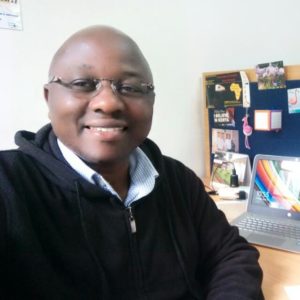
“At the IWT conference I’m looking forward to hearing of progress made in implementing the commitments of last London Conference. We definitely need action.
Intricate poaching web
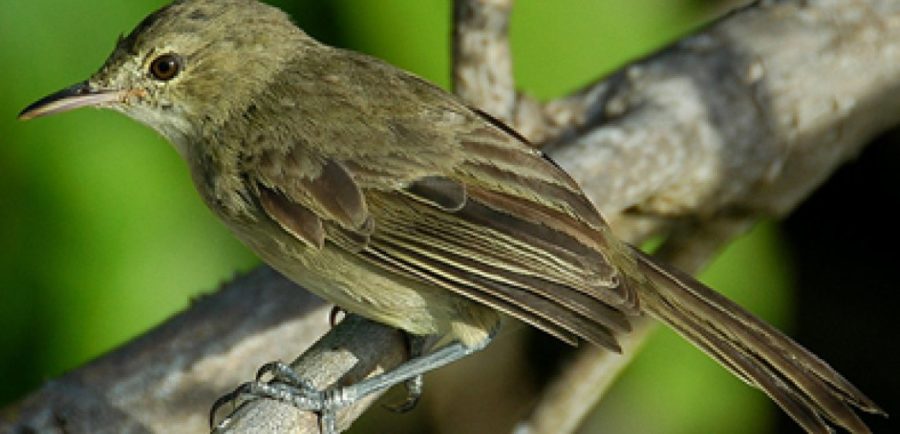
A lot of bird species are affected by the illegal trade in wildlife, either directly or indirectly. Parrots are a good example of those that are directly affected by the trade. Some, like the vultures, are caught up in the intricate poaching web. After hacking off ivory tusks, poachers poison elephant carcasses This is to target the scavenging vultures that circle above dead elephants, and alert rangers and wardens to where the criminals are. One poisoned elephant can lead to the death of hundreds of vultures. Five hundred died in one such case in Namibia in 2013.
People get shocked
It’s not always easy to advocate for the protection of birds in Africa. That’s a paradox, because birds are the most identifiable animal group that live closest to humans, including inside homes and even places of worship! Perhaps we take birds for granted because they are part of us? People get shocked when I tell them ‘vultures are in trouble’. They simply can’t understand that poisonous chemicals bought from the vet stockist in the neighbourhood or belief based use, could be driving Africa’s iconic vulture species to extinction.
Ten-year advocacy campaign
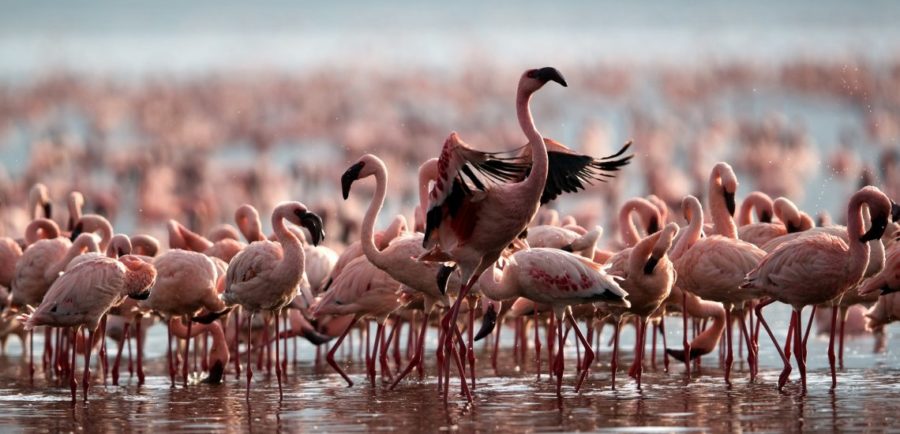
We’ve focussed on projects that aim to save sites or species and improve the lives of the people who live around them. In Seychelles, for example, BirdLife’s work has saved the Seychelles Warbler from the brink of extinction. There were only 200 individuals 50 years ago. By 2016 we’d got that number up to 3,000. Funds from ecotourism provide revenue and livelihoods for local people and businesses. The focal island for this project – Cousin Island – is also carbon neutral. It’s completely powered by solar energy. After a 10-year advocacy campaign in Tanzania, BirdLife saved Lake Natron from the proposed construction of a USD 450 million soda ash factory. This is the most important breeding site for the Lesser Flamingo. Already a Tourism Development Plan has been developed and over 300 women, youth and men trained in ecotourism business while the skills of 60 local tour guides have been enhanced.
‘Think other taxa’
As an influencer I’m hoping to use the IWT conference to be able to convince policy makers and governments to think ‘other taxa’ (plant or animal groups). A lot of emphasis has been placed on the elephant and rhino crisis – and we all know how important that is. However many other species such as parrots, hornbills, pangolins are going down the route of extinction as a result of the illegal wildlife trade. Someone needs to pay attention.”
Our global conference on the illegal wildlife trade begins on 11-12 October 2018 in London.
Monitor @foreignoffice, @DFID_UK and @DefraGovUK for updates
